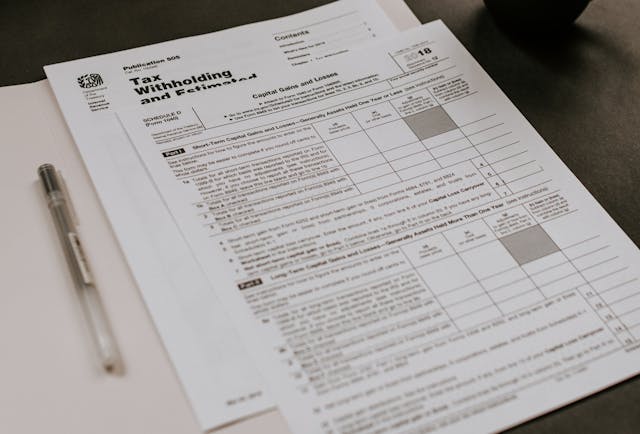How Luxembourg's finances are being digitalised

Gilles Roth, source: Government.lu
Luxembourg Finance Minister Gilles Roth, in an interview with German publication Börsen-Zeitung, summarised the results of the placement of the country's first digital debt instruments - Digital Treasury Certificate, issued using distributed ledger technology (DLT). According to the minister, investor interest was high, especially from banks and asset managers, and demand came mainly from Europe - just like for the country's traditional government bonds.
Gilles Roth emphasised that the placement of the bond was not so much a step towards crowdfunding as a demonstration of Luxembourg's technical and legal capabilities in digital finance. The bond was placed entirely under Luxembourg law, via the Orion platform based in the country. However, the ministry does not rule out issuing longer maturity securities in the future.
According to Roth, the issue of digitalisation of public debt in the future is closely linked to the introduction of the digital euro, without which DLT instruments cannot be fully compatible with central bank settlements. He calls the prospect of full digital refinancing of the country realistic, but only if the entire issuance and settlement chain becomes automated and passes through the Central Bank.
Roth recalled that Luxembourg is already actively used for the placement of DLT instruments by private entities. These include tokenised funds from Franklin Templeton and BNP Paribas, as well as five digital bond issues by the European Investment Bank. Since 2022, Luxembourg Stock Exchange already supports the listing of such instruments on its listing (SOL list).
The Minister explained that the move to DLT gives issuers a faster settlement chain: while in the traditional system settlement takes days, with digital securities and tokenised currencies it is possible to pay on the same day. This reduces counterparty risks and increases liquidity. DLT also opens the way to fractionalised trading - dividing assets into small fractions, making them accessible even to retail investors.
According to Roth, the recently passed fourth Blockchain law (Blockchain-4) has put the country at the forefront of legal regulation of digital assets. The law provides for the appointment of a supervisory agent, a licensed entity that monitors the issuance, ownership and movement of digital securities. This provides legal clarity and forms an alternative to the traditional system with central depositories and sub-accounts.
"We want to create the most efficient model of securities issuance and circulation. This is a long-term process, but it has already begun - and it cannot be stopped," the minister summarised.





